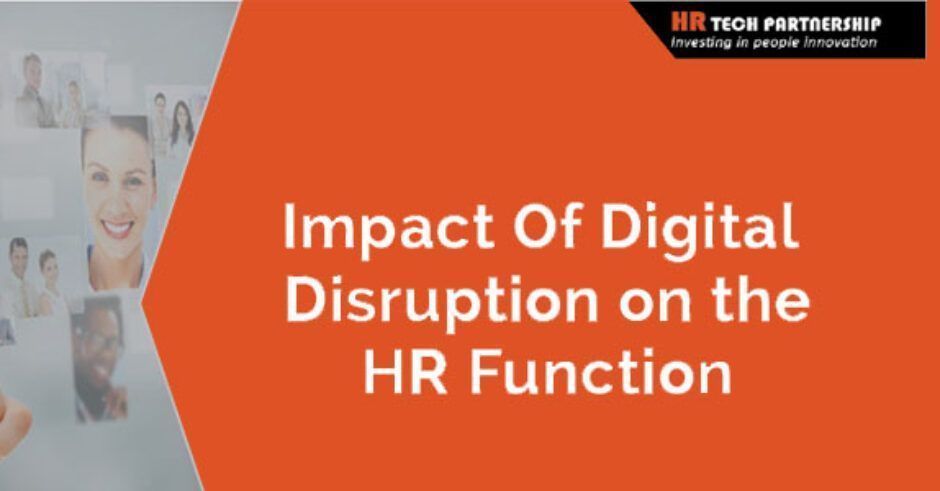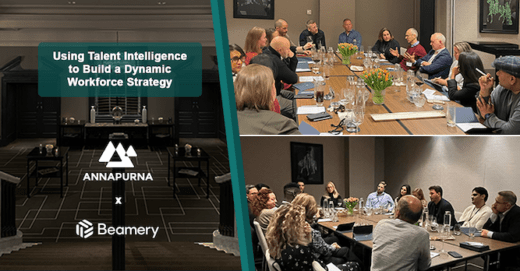Digital innovation is no longer a buzzword; the world of AI and emerging technologies (bots, robotics, augmented reality, blockchain etc) is changing the workplace at a rapid pace. This can all be incredibly confusing for the HR professional. Should you really expect robots, drones and chatbots to completely take over humans over the next couple of years? And what should HR professionals be doing around this?
The Lies……
Every CEO and HRD states that they are aware of these changes and are preparing for them with comments such as:
- “People come first “
- “Employee engagement and productivity is a key business driver”
- “Creating an agile workforce is a strategic imperative “
The Challenge
So, why are companies saying the obvious and yet employees still feel the technology they are using has not really changed ?
The reality is that the rate of digital disruption is increasingly fast, rapid and ferocious. No longer are the large technology companies leading this change but nimble agile start-ups are coming up with solutions corporates are not even aware of. Lowers costs, rapid deployment, integration with all existing HRIS and a heavy focus on predictive analytics is changing the People Tech environment at an astonishing rate. Acquiring the necessary insights & advantages to stay ahead of the pack is proving to be a challenge even to the most proactive business leaders and HRDs.
The impact of disruption on the Employee and Talent agenda can be categorized around five broad categories namely:
- Costs and Productivity
- Employee Experience
- Employee Retention
- A Strategic HR function
- Culture Building
We will delve deeper into the impact of disruptive technologies on each of these categories in a series of articles in the following weeks. This is the first article in the series.
The Business Transformation Network has posted this article in partnership with HR Tech Partnership.




